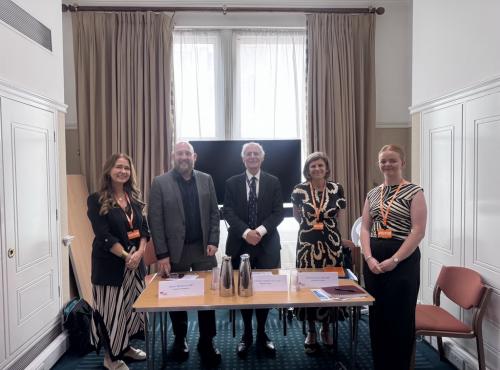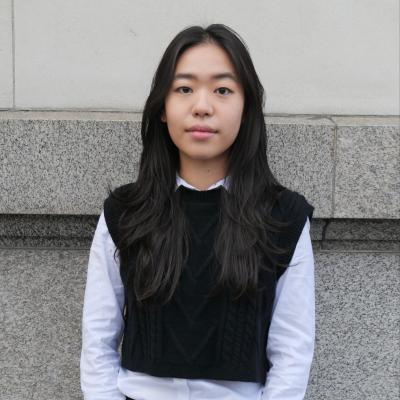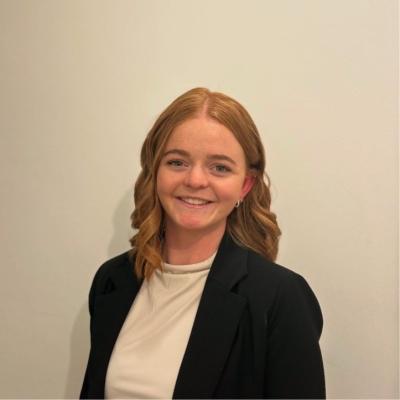Blended Learning in Higher Education
The Higher Education Commission were pleased to hold a meeting in the House of Lords on 15 November about the future of online learning delivery in higher education.
Parliamentarians and colleagues from across the higher education, online learning and policy sectors came together last week to discuss the Office for Students’ review of blended learning.
Blended learning is the teaching and learning that combines in-person delivery and delivery in a digital environment. Use of blended learning has long been an established aspect of teaching delivery in higher education, in the UK and around the world. However, in response to the first national Covid-19 lockdown, in spring 2020, higher education providers moved rapidly to offer learning and teaching fully online. As social distancing guidance was progressively relaxed, many providers began to offer a mix of online and in-person learning - often referred to as blended learning.
By November 2020, 93% of undergraduates and 89% of postgraduate students received all or mostly digital teaching and learning. This change in teaching delivery has prompted debate in the sector about the extent of digital learning and the quality of provision delivered through blended learning. In response, the Office for Students (OfS) has commissioned a review into how providers can ensure their blended learning approaches are compliant with OfS regulations. The meeting discussed the finding of the Review and wider topic of the future of blended learning in UK higher education.
Joining us for the panel event was Higher Education Commission chair Lord Norton of Louth and expert panellists:
- Jean Arnold, Director of Quality, Office for Students
- Prof. Susan Orr, PVC De Montfort University (review author)
- David White, President of Association for Learning Technology
- Prof. Kathryn Mitchell, VC of University of Derby
- Rt Hon Lord Willetts, former Universities Minister
A forthcoming outcomes briefing will summarise the discussion on the day and inform wider scoping work for the Higher Education Commission’s next inquiry.




